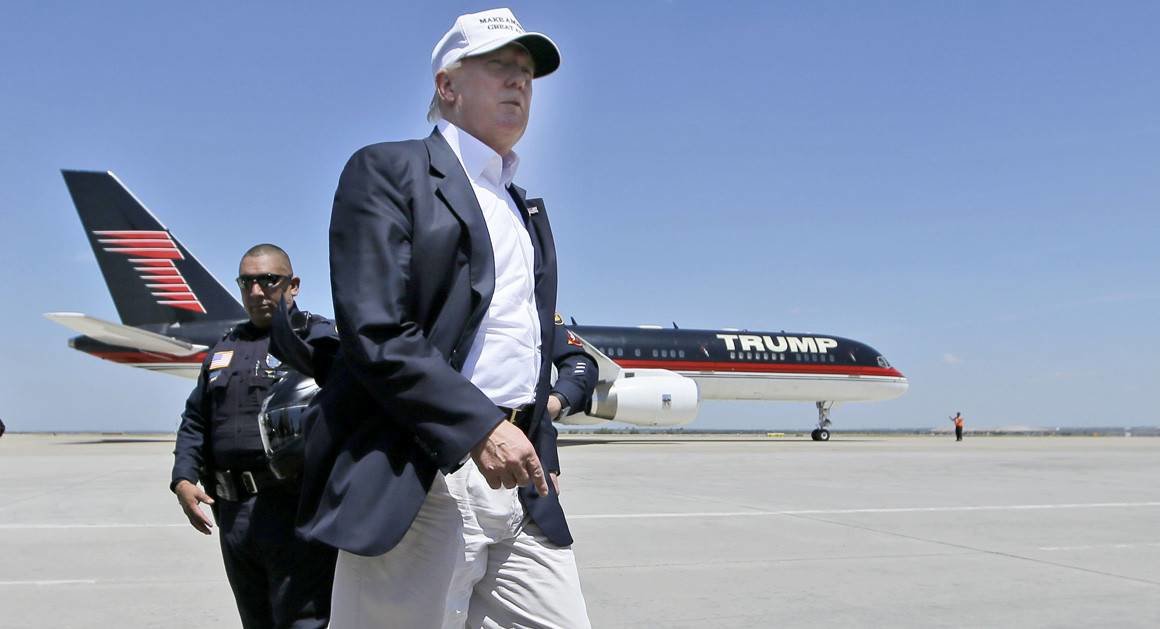Efter top 20 bliver tallene endnu værre. IPS rapporten anslår at hele Forbes 400 Rigeste Amerikanere besidder mere rigdom end de nederste 61% i landet - 194 millioner mennesker - tilsammen. IPS kan kun anslå på grund af de riges udbredte brug af offshore skattely, som betyder at uligheden faktisk kan være større.
Forbes' 400 rigeste amerikanere er ikke bare rige relativt til andre amerikanere, men i forhold til mennesker i hele verden. Som IPS bemærkede, anslås den totale rigdom, der besiddes af Forbes 400 til at være $ 2,34 trillioner, en mængde som overgår bruttonationalproduktet i Indien, der har en befolkning som overstiger én milliard mennesker.
Kommentar: Delvist oversat af sott.net fra Can you say 'neo-feudalism'? 20 richest people have more wealth than half of all Americans Kommentaren efter artiklen er også oversat.
IPS claims wealth concentration has been a result of public policy as much as so-called market forces:
Many members of the Forbes 400 have amassed wealth in their lifetime through successful companies and innovation. But all of the Forbes 400 have also benefited enormously from a system of tax, trade, and regulatory rules tipped in favor of wealth holders at the expense of wage earners.
Tax policies, for instance, routinely favor capital income over wage income, and these policies disproportionately benefit the Forbes 400, especially those working in finance.
Well before Washington bailed out Wall Street, it was giving banksters special privileges in the tax and regulatory code. These advantages helped further finacialize the US economy. Wall Street paid back the politicians with large campaign contributions.
To counter increasing wealth concentration and inequality, IPS recommends a new round of progressive policies. The first part would be restoring and reinforcing the social safety net — raising the minimum wage, universal healthcare, and paid sick leave — policies that would do a lot to stop people from becoming extremely poor.
IPS also recommends policies that will "level the playing field." Policies preventing the wealthy from using offshore tax havens and other tools to avoid US taxes and regulations, as well as campaign finance reform to limit the power of money in elections. This prevents the rich from abusing the system and perverting it for their own ends.
And, ultimately, IPS recommends policies that will undo much of the present wealth concentration including higher taxation on the rich and antitrust activities to breakup firms dominating markets and grossly enriching executives.
The problem, of course, is that in order to make those policies happen progressives would have to overcome the power and influence of the Forbes 400 and friends who have captured the government. Power and wealth feed on each other, especially in a post-Citizens United America, and the more the inequality grows the more the 1% can dominate policymaking institutions.




Kommentar: Who runs the world? Solid proof that a core group of wealthy elitists is pulling the strings Se også:
USA's ikke valgte skyggeregering er her for at blive
Tidligere fransk premierminister: Europa har mistet sin selvstændighed
The application of law in feudal America - know your place